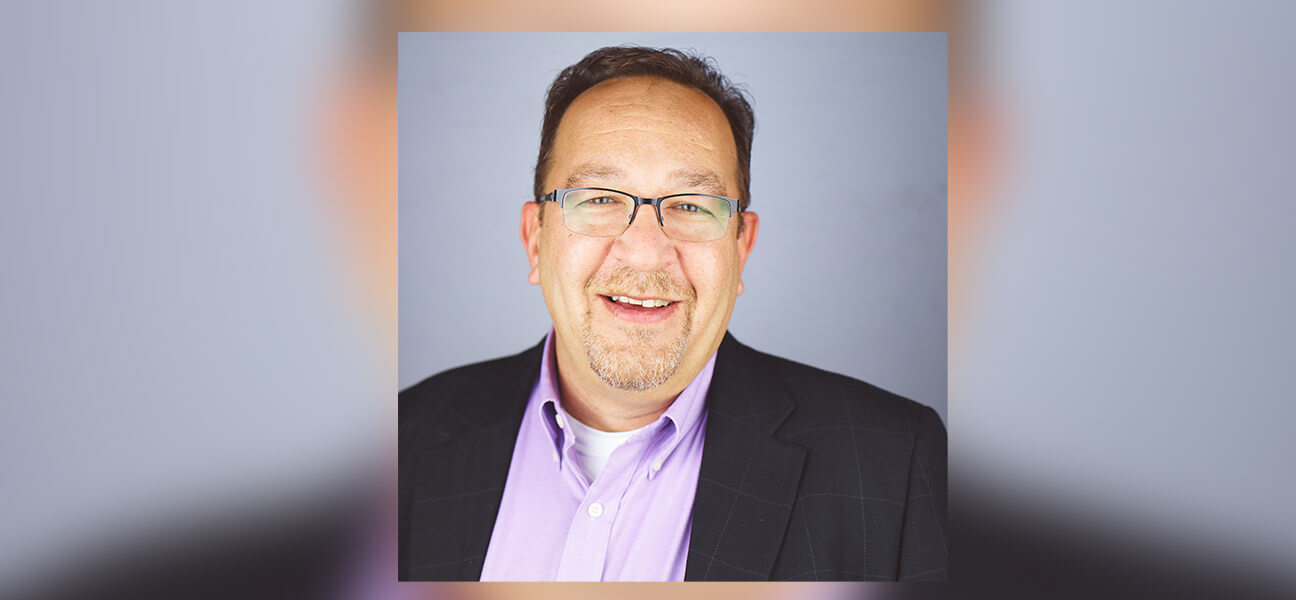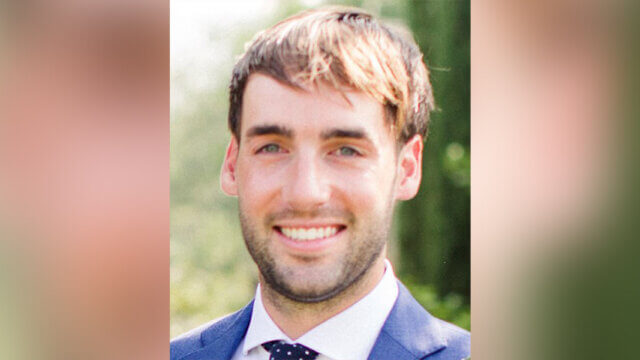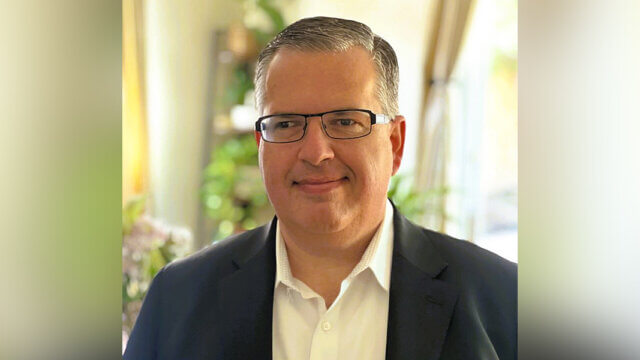By Peter Klebanoff
Coronavirus has created two pandemics: COVID-19 and its growing number of mutations and a “shadow pandemic” of violence and intolerance, largely against service workers with in-flight incidents getting the most press.
By itself, COVID-19 has created incredible challenges for hoteliers trying to meet their duty of care to their guests and employees while trying to maintain the spirit of hospitality for which the industry is known.
Owners and managers have had to implement new safety and sanitation protocols, guided at least in part by the leadership of AHLA and their creation of the Safe Stay initiative and/or the similar standards developed and adopted by the various hotel brand leaders. All at significant additional costs in materials and labor, and all to not only keep guests and staff safe, but also to reassure travelers that it is safe to travel. The ups and downs of new variants whose names read like that frat in Animal House and “the great resignation” have added to the ongoing challenges we face as an industry, and now, add the shadow pandemic—the rage against service workers fueled by mandates and restrictions.
It’s become so prevalent that the CDC has recommended employee safety devices (panic buttons) for service-based workers.
This is not a new problem for hotels. We’ve known about it for several years; it’s just recently been taken out of the shadows, perhaps due to #MeToo, or because 58% of surveyed housekeepers indicated they had at least one unwanted encounter with a guest in the preceding 12 months. This has led to many cities and states mandating panic buttons and having them become new standards in union labor agreements.
A credit to our industry once again, AHLA, partnering with the leaders of our largest brands and management companies, stepped up, not waiting for laws to be passed, and initiated the AHLA 5-Star promise, which, among other things, commits to employee safety devices for all workers who might be exposed to guest initiated sexual harassment or violence. Originally with a goal to have all participating hotels equipped by the beginning of 2021, the pandemic has taken its toll and deadlines have been reset to the end of 2022.
With more than a dozen laws and dozens of leading hotel companies recognizing the issue and implementing mitigation practices, your lawyer will tell you that the occurrence of an incident is “reasonably foreseeable,” and therefore, if you do not at least comply with industry standards, a jury will likely consider you negligent, raising damages significantly in the event of an incident and follow-up lawsuit.
The good news is that the implementation of the industry standard device or safety program is often less expensive than the legal fees just for responding to a complaint. Add potential savings in reduced turnover and workers’ comp claims and these systems are an investment, not an expense.
As one would expect in a market fueled by laws and brand mandates, choices for solutions are popping up all over the place.
For instance, high-decibel personal alarms (aka “screamers”) work great when walking across a parking lot, but they are totally inappropriate in an enclosed structure and, in fact, do not comply with most laws or standards. Two-way radios and the like sound good because the employee can state the problem, and they can be used for other things, but, unless spoken, do not give precise location information and, in many cases, may escalate the confrontation rather than diminish it.
If you find yourself having to enter an occupied guestroom, you better show probable cause and/or exigent circumstances if you have a system that reports precise locations rather than “it came from around here, somewhere.”
Develop standard operating procedures for handling incidents and alarms (with counsel and loss prevention), and ensure they are followed by staff, including new hires.
And finally, with about two million rooms coming into the compliance window and the issues surrounding supply chain, do not wait to make your decision or you may find yourself wanting come deadline time.
Peter Klebanoff is SVP of business development for employee safety device supplier ROAR for Good.
This is a contributed piece to Hotel Business, authored by an industry professional. The thoughts expressed are the perspective of the bylined individual.




